
The digital ownership conferred by blockchain will allow the Metaverse to fulfill its true potential as community-owned and community-governed.
Every day, we hear of more involvement by big industry players (for example, Epic Games and Roblox) as we creep closer to the Metaverse, a shared persistent virtual environment of interconnected digital experiences. The problem is that none of this matters until netizens are able to truly own digital assets. And it all starts with gaming.
Video games make us feel like we can do anything. These virtual worlds of limitless potential allow us to transcend the realities of everyday life as we become heroes. They give us the sense that we are in control of our own destiny.
Games and gamers
Games are good simulations of life: Players earn rewards to accrue worth, climb the ranks and achieve status. These goals are something on which gamers place extraordinary value, and every week, gamers spend an average of around 30 hours playing games, interacting in game forums and participating in game streams. They also spend considerable amounts of money on in-app purchases, such as weapons and armor, for a variety of purposes that upgrade their gameplay or simply look cool. They can even pay to accelerate their progress and reach higher levels more quickly.
One could argue that achieving “success” in these games is misleading. As a species, we spend considerable time in simulated environments, all while surrendering our economic substance and potential. Traditional video games are some of the most contained, restrained and controlled worlds imaginable: beautiful walled gardens built for players to play within them — and only within. Any sense of freedom or ownership that players feel is an illusion because the game publishers and platforms are actually in control of your game and metaverse experiences.
Valued at over $170 billion and growing, the global gaming industry is priced higher than movies and music combined. There is much at stake for game publishers that feel they need strict controls on games in order to protect their profits.
Related: Sci-fi or blockchain reality? The ‘Ready Player One’ OASIS can be built
Games vs. the real world: A conflict
One example is playing out in Chinese courts right now. Tencent, the largest video game publisher in the world, is suing DD373.com for $6.2 million in damages for enabling players of Dungeon Fighter Online to trade virtual coins and other in-game items on DD737.com’s site.
In court, Tencent underscored its terms and conditions, specifying that any virtual items acquired by players have no real-world value and will forever remain the property of Tencent. Even the game’s virtual coin, which players buy from the platform to be exchanged for other in-game items, represents “service charges,” according to Tencent. In short, players are not allowed to trade their in-game assets outside the platform because they never actually owned those assets to begin with.
This is not an isolated problem. Virtually every game publisher follows the same approach.
Right now, most traditional games only permit gamers to carry out a limited, predefined set of economic activities. Players are obliged to use in-game trading systems and can transact solely with specified in-game currencies such as coins, credits, gold and gems. As such, in-game assets only have value within their native games.
Because games and assets are provided to users on a licensing basis, this means they are not owned by the player — they are rented. And this rental is tenuous at best: Players can pour years of effort into a game and spend tens of thousands of dollars accruing assets, but everything can be wiped out in an instant and without recourse.
This happens regularly in the world of games. Delisted Games is a website that tracks dead games. One current example of a game facing an untimely death is the China-exclusive version of Call of Duty, which is scheduled to shut down in August and had accepted payments for in-game purchases up until the end of June.
Unintended consequences can leave players high and dry, such as the case of Ubisoft closing down servers that blocked Might & Magic X: Legacy players from their gainfully purchased content since the beginning of June.
Catastrophic failures can occur, such as a fire or flood at a critical data center, that wipes out progress, accounts or even entire worlds. In March, players of the survival game Rust lost days of progress when the game’s servers literally caught fire. Although the incident could have been much worse, this was still fairly serious in a game that runs in real time, whether you're able to log in or not.
Finally, shifting regulations and licensing arrangements can also deprive players of their games. Due to licensing restrictions, for example, a European player of Star Trek Online will no longer be able to access the game if they relocate to Hong Kong. It seems ridiculous to block access and participation to online games based on territory, especially considering the borderless and inclusive nature of games and virtual worlds.
Basically, the gaming industry takes a very protective and restrictive approach.
Digital property rights in games
These various circumstances highlight the absence of equitable digital property rights in games. Until now, players hadn’t thought very deeply about digital rights, but thanks to the growing number of blockchain games, there will soon be a revolution wherein gamers will start to demand their property rights.
We already have the means for digital property rights in games: nonfungible tokens (NFTs) as in-game assets. Enabled by blockchains, NFTs are unique, indivisible tokens that grant owners property rights and enable digital assets to have real value, independent of the platform. The platform could be a game, a publisher, a mobile app store, or other exclusive hosts, but gaming is probably the best starting point because the 2.7 billion gamers out there already understand the concept of virtual goods.
Digital ownership rights on a blockchain are provided by open permissionless protocols and guaranteed by the collective reckoning of community consensus. This allows NFT game assets to be traded between holders in a way that is unthinkable in most traditional games.
This is great for gamers, but many traditional game publishers fear that this new dynamic will have a negative impact on their profits.
NFTs are a game-changer
An example of a tokenized game is F1 Delta Time, a blockchain game by Animoca Brands licensed by Formula One. Every bit of content that exists within that game can be owned by players. Cars, parts, tires, and even drivers and the tracks that you race on are NFTs that can be used in-game or traded on a third-party marketplace, according to the owners’ prerogative. As a result, some players of F1 Delta Time have reported making thousands of dollars a month.
NFTs also allow for interoperability and cross-platform functionality, meaning the digital assets themselves become the center of the player experience — essentially, the content will become the platform. Just as you can own a single set of chess pieces that can be played on many different boards, you will eventually be able to own NFT add-ons that can be used in different games or can have access to different virtual worlds. The Metaverse is nigh.
The more game content is tokenized to empower gamers and deliver digital property rights, the more bullish I am about the future of the gaming industry.
Simply put, the world is moving toward a more decentralized and equitable global internet. This is underpinned by blockchain technology as a transparent and immutable base infrastructure for accountability and propelled by an incentive model that rewards the communities that bring, build and maintain its value. The new digital economy will rebalance the flows of money and power, reduce the impact of intermediaries on virtual worlds and finally free us from decades-old restrictions.
Related: Is a new decentralized internet, or Web 3.0, possible?
History is replete with examples of societies transitioning from autocratic to (more) democratic systems, but this might be the first time it happens on such a large scale.
This article does not contain investment advice or recommendations. Every investment and trading move involves risk, and readers should conduct their own research when making a decision.
The views, thoughts and opinions expressed here are the author’s alone and do not necessarily reflect or represent the views and opinions of Cointelegraph.

You can get bonuses upto $100 FREE BONUS when you:
💰 Install these recommended apps:
💲 SocialGood - 100% Crypto Back on Everyday Shopping
💲 xPortal - The DeFi For The Next Billion
💲 CryptoTab Browser - Lightweight, fast, and ready to mine!
💰 Register on these recommended exchanges:
🟡 Binance🟡 Bitfinex🟡 Bitmart🟡 Bittrex🟡 Bitget
🟡 CoinEx🟡 Crypto.com🟡 Gate.io🟡 Huobi🟡 Kucoin.

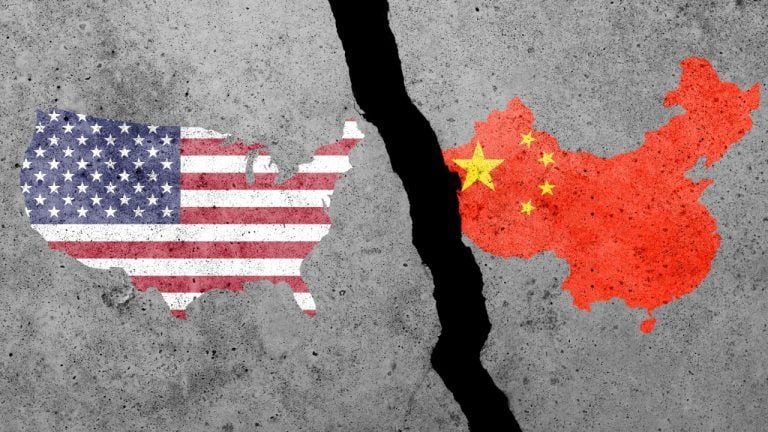

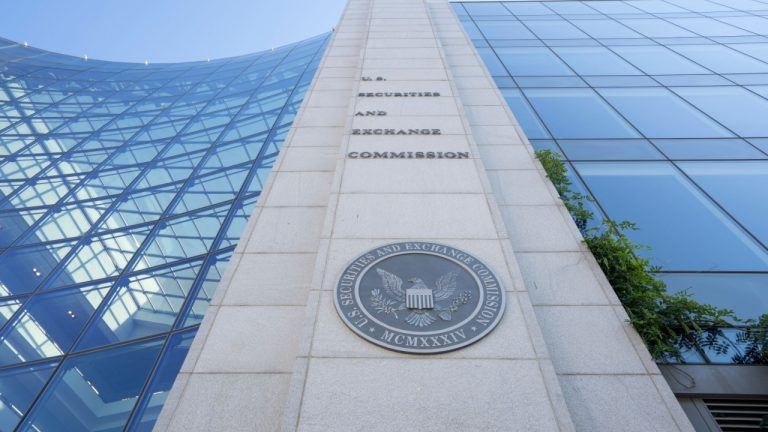

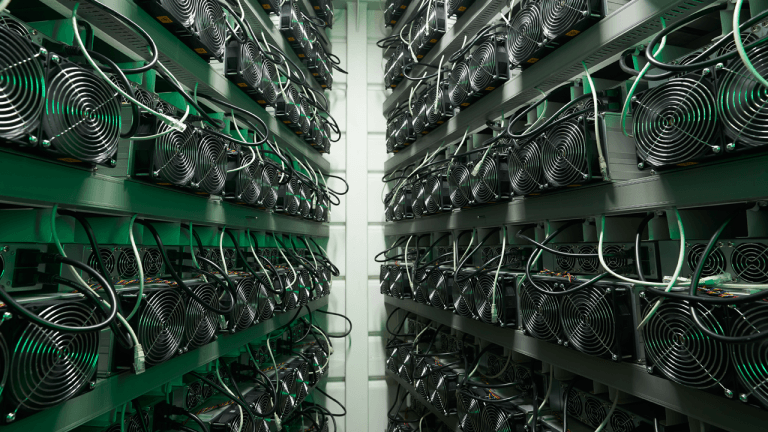


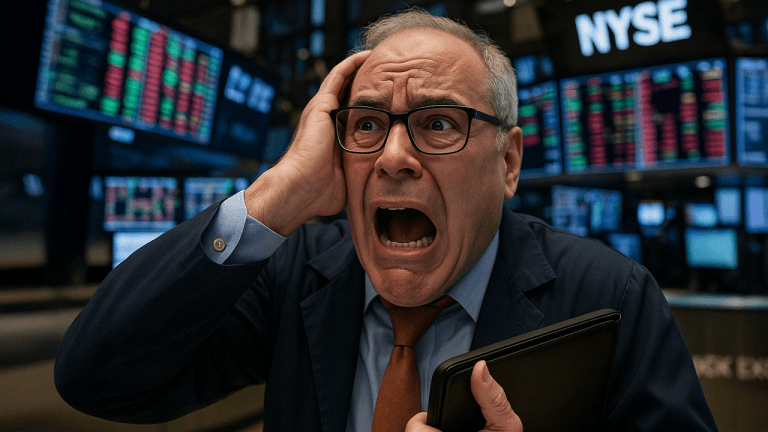
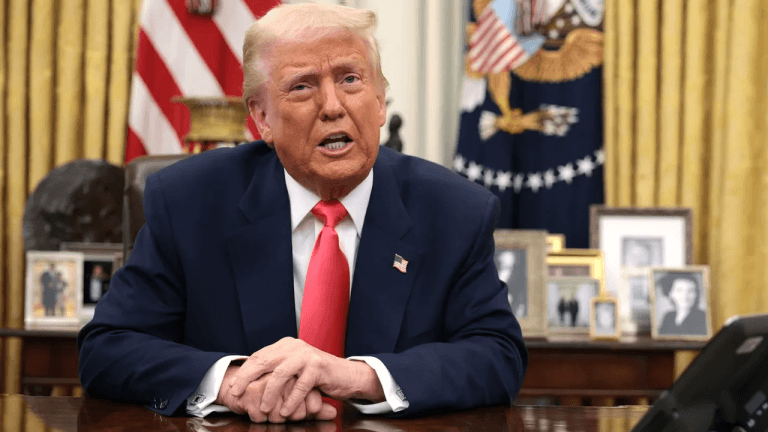

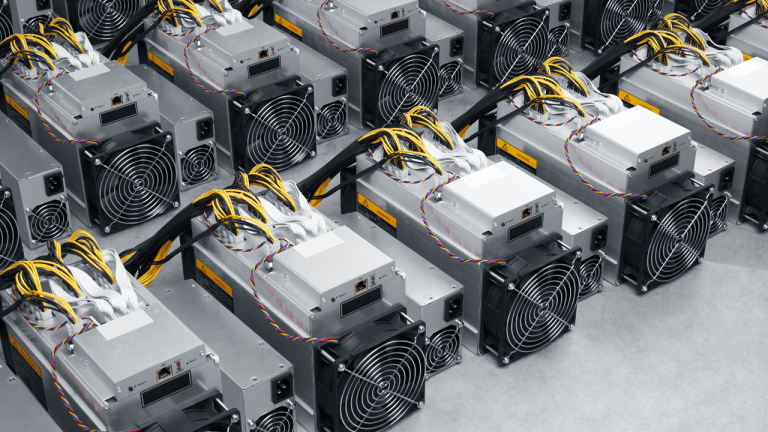

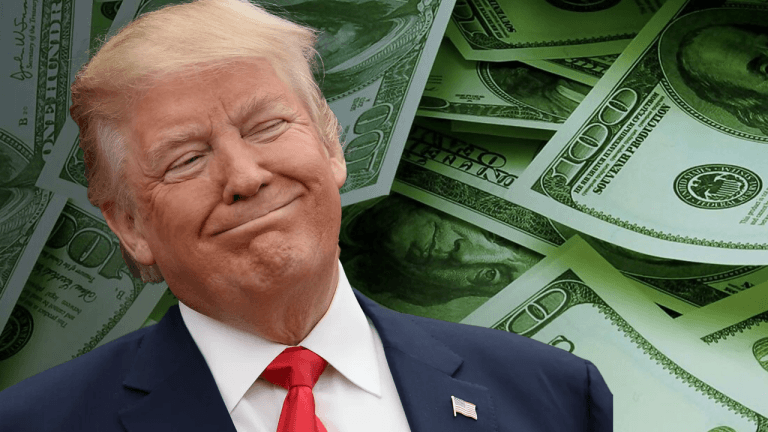



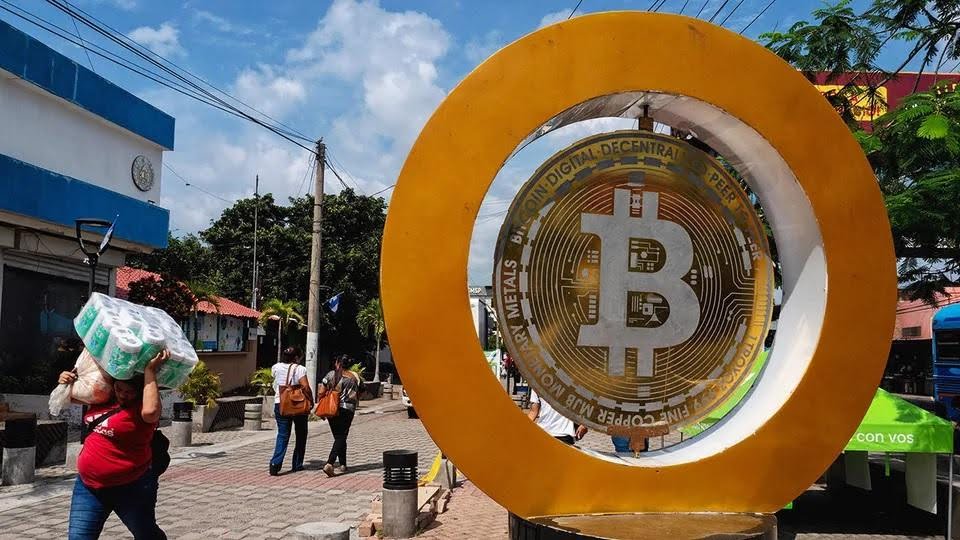

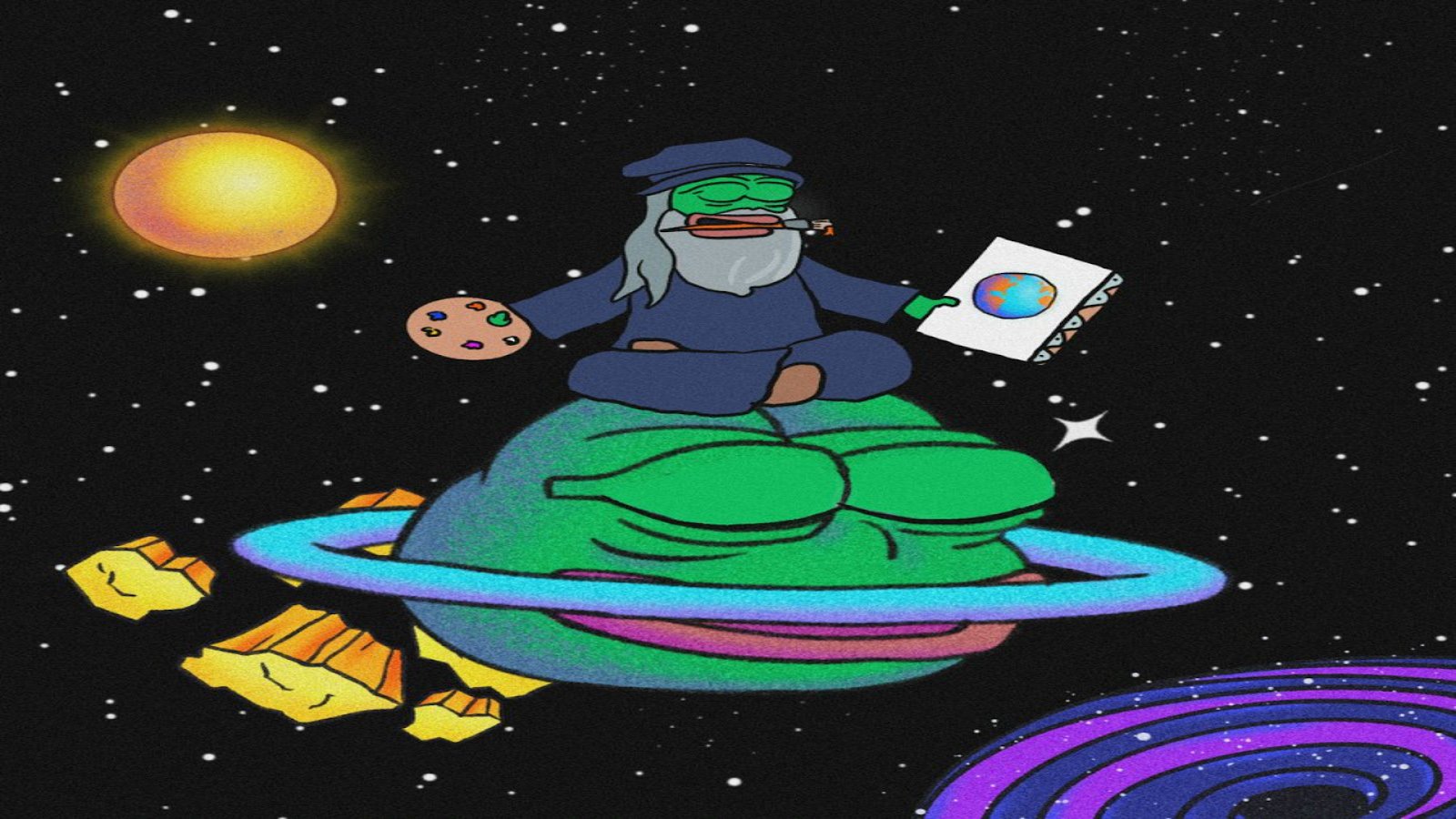
Comments